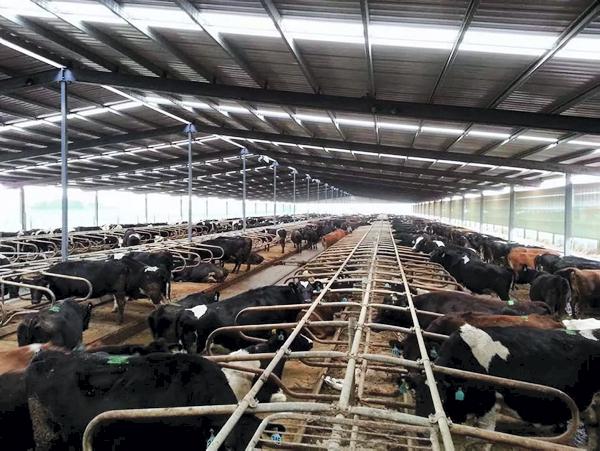For the third time in the last couple of years, the Ulster Farmers’ Union (UFU) and DAERA are set to meet in the High Court after a judge ruled last week that there are sufficient grounds to move to a judicial review in a case relating to the DAERA review of decisions process.
The origin of the case goes back to 2017 when DAERA announced it was scrapping the two-stage review process, for decisions made relating to area-based schemes, in favour of a single-stage review. The new system was due to start from 1 April, and effectively removed the right for a farmer to seek a second-stage review by a panel independent of DAERA.
It is the lack of independent oversight, and the fact that the change was rejected by respondents to a DAERA consultation in 2017, which is the crux of the UFU case. However, by bringing forward the action, those DAERA plans for a new single stage process are on hold for now. The judicial review is expected to be heard in the autumn.
Cost
Even if the UFU wins, the two-stage review process is not without its critics. The independent panel might rule in favour of a claimant, but the Department still reserves the right to ignore those views. Where this has happened, the only option left is to seek a judicial review of the case, but with the costs involved (which can run into six figures), farmers have had little option but to walk away.
An exception to that was the judicial review brought by the UFU on behalf of its former president Ian Marshall. That case relates to a pollution incident on the Marshall farm, deemed intentional by DAERA.
Marshall asked for a DAERA review, and the independent panel ruled that the breach should be downgraded to a negligent penalty (attracting a much lower fine). However, the Department decided to stick with its original ruling.
Internal review
In February 2017, a High Court judge at a judicial review of the case, ruled in favour of Marshall and the UFU, instructing DAERA to conduct an internal review of its decision to impose a penalty for intentionally breaching cross-compliance rules.
On doing that, DAERA decided that the intentional breach still stands. A second judicial review, which will consider the DAERA decision to ignore the views of the independent appeal panel, is due this September.
Industry concern at review of decisions
UFU wins court battle with DAERA
For the third time in the last couple of years, the Ulster Farmers’ Union (UFU) and DAERA are set to meet in the High Court after a judge ruled last week that there are sufficient grounds to move to a judicial review in a case relating to the DAERA review of decisions process.
The origin of the case goes back to 2017 when DAERA announced it was scrapping the two-stage review process, for decisions made relating to area-based schemes, in favour of a single-stage review. The new system was due to start from 1 April, and effectively removed the right for a farmer to seek a second-stage review by a panel independent of DAERA.
It is the lack of independent oversight, and the fact that the change was rejected by respondents to a DAERA consultation in 2017, which is the crux of the UFU case. However, by bringing forward the action, those DAERA plans for a new single stage process are on hold for now. The judicial review is expected to be heard in the autumn.
Cost
Even if the UFU wins, the two-stage review process is not without its critics. The independent panel might rule in favour of a claimant, but the Department still reserves the right to ignore those views. Where this has happened, the only option left is to seek a judicial review of the case, but with the costs involved (which can run into six figures), farmers have had little option but to walk away.
An exception to that was the judicial review brought by the UFU on behalf of its former president Ian Marshall. That case relates to a pollution incident on the Marshall farm, deemed intentional by DAERA.
Marshall asked for a DAERA review, and the independent panel ruled that the breach should be downgraded to a negligent penalty (attracting a much lower fine). However, the Department decided to stick with its original ruling.
Internal review
In February 2017, a High Court judge at a judicial review of the case, ruled in favour of Marshall and the UFU, instructing DAERA to conduct an internal review of its decision to impose a penalty for intentionally breaching cross-compliance rules.
On doing that, DAERA decided that the intentional breach still stands. A second judicial review, which will consider the DAERA decision to ignore the views of the independent appeal panel, is due this September.
Industry concern at review of decisions
UFU wins court battle with DAERA






 This is a subscriber-only article
This is a subscriber-only article










SHARING OPTIONS: